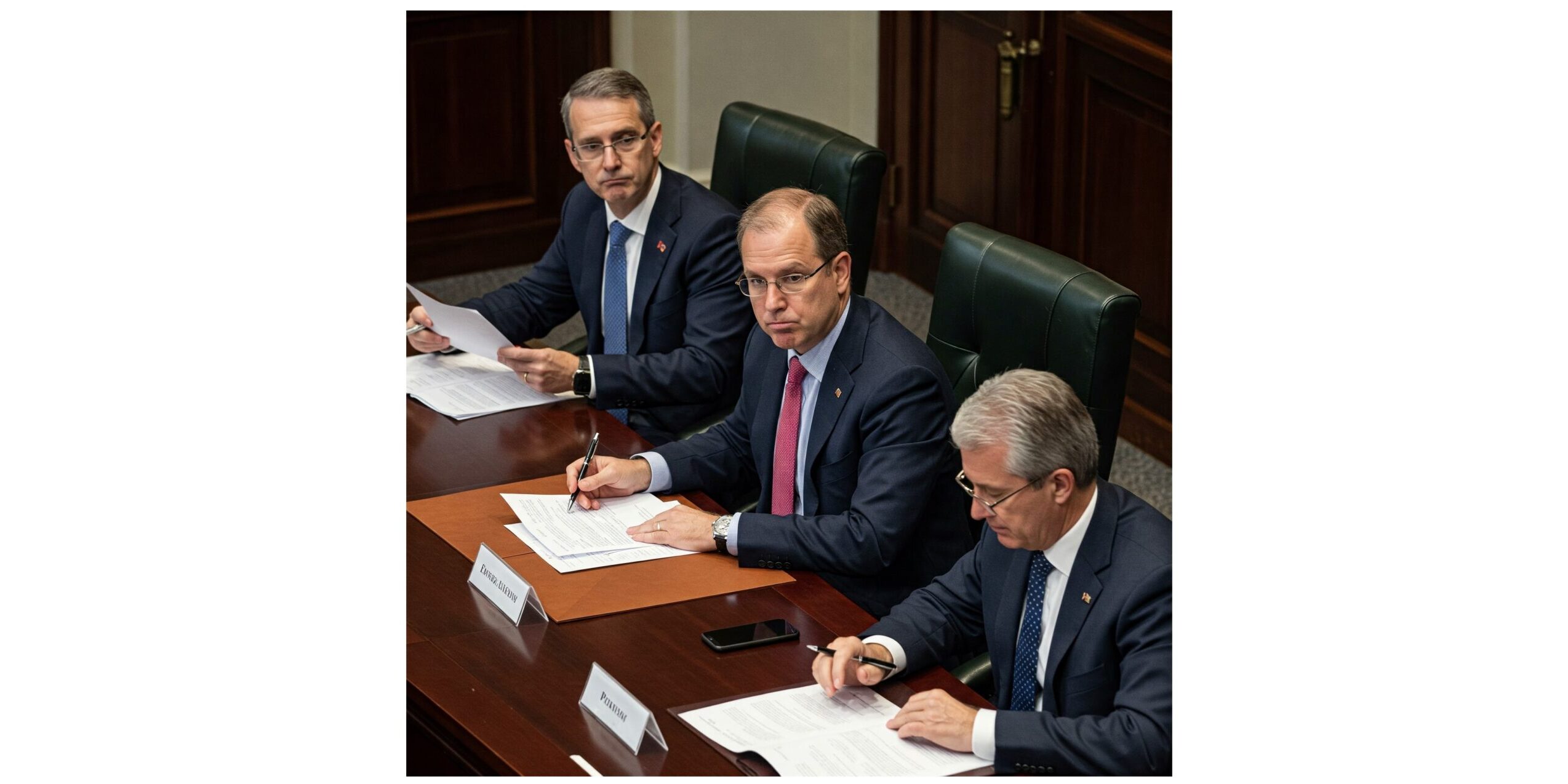Let’s be real: grant rejection sucks.
It doesn’t matter how long you’ve been in the game—seeing your carefully crafted proposal get shot down still stings. You poured hours (maybe days) into aligning with the funder’s goals, crafting the perfect narrative, collecting data, and double-checking every attachment. And then—bam—you get the dreaded “Thank you for your submission…” email.
Even when you know the proposal was strong, rejection hits hard. But here’s the kicker: it’s not always about your writing, your project, or even your organization.
Sometimes the funder’s internal priorities shift. Sometimes the competition is just fierce. And sometimes politics or pre-determined relationships play a bigger role than you’ll ever see on the surface. That’s the truth of competitive grant writing—even great proposals get denied.
So, how do experienced grant writers survive the emotional rollercoaster?
They Don’t Just Endure—They Level Up
The best grant professionals treat rejection not as a judgment of their talent, but as a normal part of a high-stakes game. They know this isn’t personal—it’s probability.
They expect to lose some. And they’ve built habits and mindsets to thrive anyway.
Instead of spiraling, they track progress over time: clearer messaging, better data, faster processes, stronger relationships. They look at every submission as part of a long-term strategy, not a one-and-done deal.
They also understand this truth: the funder’s decision says more about the funder than it does about you. Budget constraints, shifting priorities, or behind-the-scenes politics often drive the final call. And you may never get the full story.
Rejection Isn’t the End—It’s Intel
Savvy grant writers treat every “no” as an opportunity to get smarter.
That means following up. Yes, really. Send a polite email. Ask for feedback. Not everyone replies—but when they do, it’s gold. You might learn your proposal was ranked highly but just below the cutoff. Or that your budget needed more justification. Or that your program idea actually sparked interest for next year’s cycle.
Sometimes, that follow-up becomes the first conversation in a longer-term relationship. Funders remember the applicants who are gracious, curious, and committed—not just the ones who win on the first try.
Resilience Is Your Superpower
At the end of the day, this work requires thick skin and long vision. You’ve got to detach your self-worth from the funder’s decision. A rejection isn’t proof you failed—it’s proof you tried.
And trying again—with a sharper strategy, better positioning, and stronger connections—is how grants get won.
The takeaway? Rejection is inevitable, but being defeated by it is optional. Use every “no” to refine your approach, strengthen your voice, and deepen your resolve. Keep showing up.
Because the grant writer who lasts the longest—and learns the fastest—is the one who eventually wins big.

